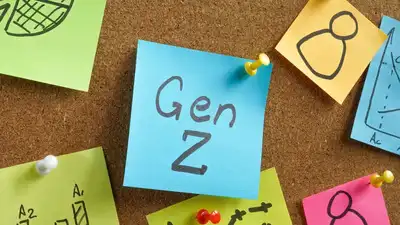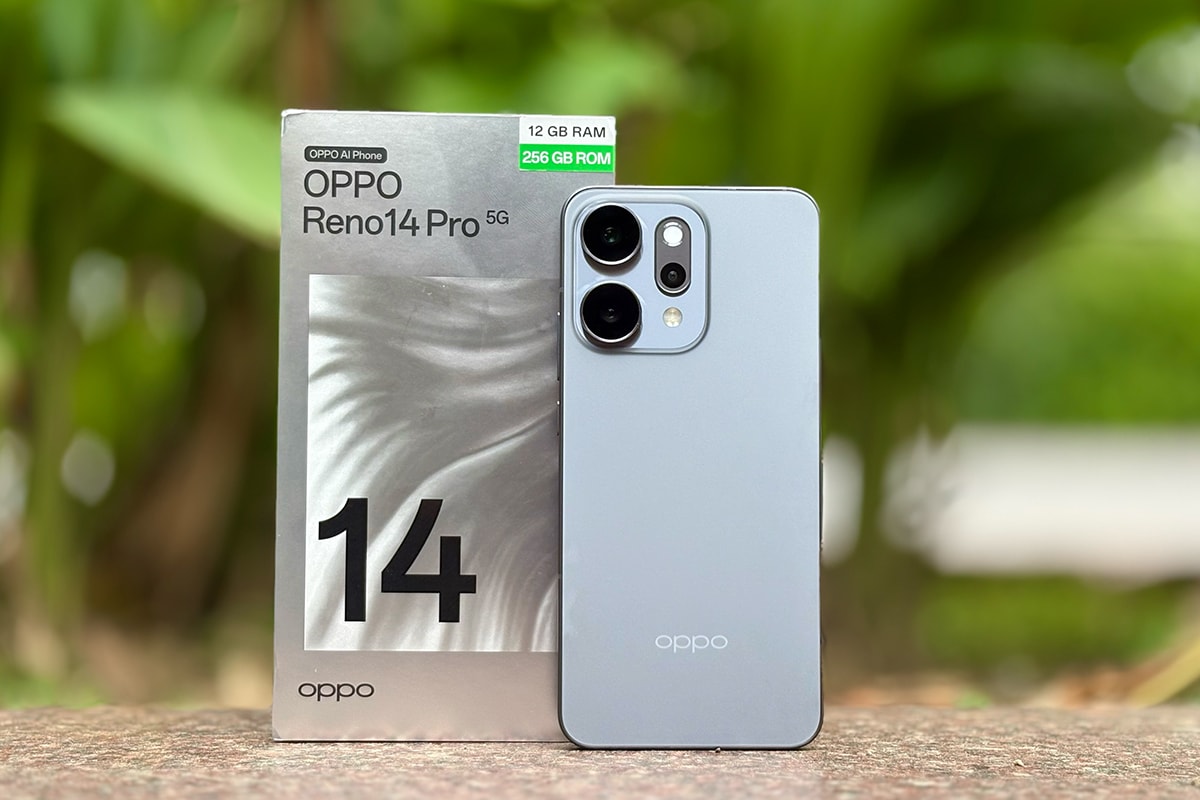ARTICLE AD BOX

If you’ve ever greeted a teenager with a friendly “hello” and received a silent, wide-eyed look in return, you may have just encountered the now-famous “Gen Z stare.” This blank, often emotionless expression has become an unexpected viral phenomenon online, fueling debates about Gen Z’s communication skills, workplace behaviour, and tech-shaped social habits.
The trend, part joke, part observation, is sparking conversations across age groups, with some defending it as teenage exhaustion and others calling it a breakdown in everyday interaction. So what exactly is this stare, and why has it caught so much attention?
Understanding the Gen Z stare expression going viral
The Gen Z stare refers to a vacant or expressionless look that young people, especially those born between 1997 and 2012, allegedly give during social or customer service interactions.
Often described as a reaction to small talk, awkward questions, or workplace instructions, it’s become a kind of cultural shorthand for discomfort, mental overload, or quiet defiance. Viral videos have reenacted scenarios where young workers or students respond to basic conversation with a frozen face or glassy-eyed pause, usually met with confusion by older generations.Some argue it reflects social anxiety or overstimulation from constant screen time.
Others say it's simply how teens deal with mundane realities like school, work, and bills. In either case, the stare is being interpreted as a generational signal, intentional or not.
Is it burnout or just bad manners?
While some see the stare as humorous or relatable, others believe it reveals a troubling lack of interpersonal skills. Commenters online claim Gen Z lacks basic etiquette or emotional expressiveness in face-to-face interactions. But defenders push back, pointing to the pressures of growing up during a pandemic, economic stress, and digital saturation.“It’s not that we’re rude,” one young commenter wrote, “we’re just tired.” The debate has become less about the stare itself and more about generational misunderstandings, between those who grew up with phones in their hands and those who didn’t.
A symptom of something bigger?
Whether it’s exhaustion, detachment, or simply a funny meme, the Gen Z stare raises real questions about how younger generations are adapting socially. It may be a brief online trend, but it taps into a larger concern: are we losing the ability to communicate meaningfully in person? Or is this just the latest version of young people expressing themselves in ways older generations don’t yet understand?Like past debates over slouching, slang, or side parts, the Gen Z stare may pass, but the conversations it’s provoking will likely stick around.



.png)
.png)
.png)
















 8 hours ago
5
8 hours ago
5







 English (US) ·
English (US) ·